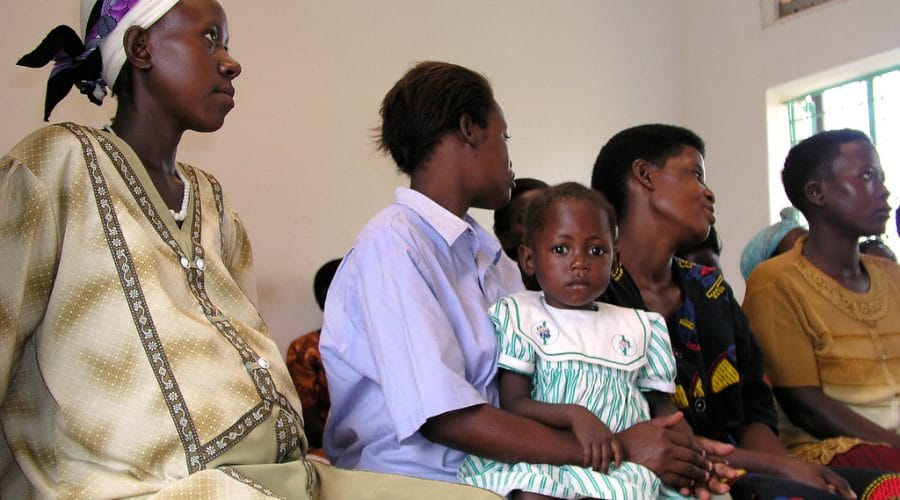A recent qualitative study in BMC Health Services Research explores the acceptability of long-acting pre-exposure prophylaxis (LA-PrEP), particularly injectable alternatives, among postpartum women in Kenya. The researchers conclude that women strongly consider LA-PrEP more convenient, less likely to have side effects, with lower pill burden and increased privacy than daily oral PrEP.
Women in Eastern and Southern Africa are at double the risk of contracting HIV during pregnancy and postpartum compared to when not pregnant. Oral PrEP is efficient, but it has many difficulties that women face because of side effects and the burden of motherhood. Injectable cabotegravir (CAB-LA), the dapivirine vaginal ring (DVR), and other LA-PrEP options offer solutions to this issue, including reducing daily dose and improving medication adherence, particularly in resource-limited environments.
The research, conducted by investigators between August 2023 and March 2024 in five public health facilities in Kisumu and Siaya Counties, Kenya, entailed 70 in-depth interviews with postpartum women who had used oral PrEP during pregnancy in the past. The study team selected women based on their level of interest in LA-PrEP: high, low, or mixed. The Theoretical Framework of Acceptability directed content analysis of the interviews.
Most participants favored injectables for their long-term coverage and reduced risk of missed doses. There were, however, concerns that injectable PrEP may not be safe during pregnancy, and the vaginal ring may not be easy to use during childbirth. The importance of education about the safety of these options, in particular, their use in pregnancy and breastfeeding, was highlighted as a key to making them more acceptable.
The results indicate that although LA-PrEP is widely accepted, particularly the injectable version, additional education is required to dispel the fears surrounding safety during pregnancy. The research highlights the significance of incorporating LA-PrEP into maternal and child health care and delivering specific educational resources to guarantee informed choice.
“This qualitative study offers valuable insights into the acceptability of different HIV PrEP options among postpartum women with experience taking PrEP during pregnancy, a population often underrepresented in HIV prevention research. The findings reveal diverse preferences and highlight key factors influencing acceptability, including safety, discretion, and convenience,” stated the authors.
By Izzah Nawaz
References
Concepcion T, et al. BMC Health Serv Res. 2025;25(1):1109. Published 2025 Aug 20. doi: 10.1186/s12913-025-13286-4

